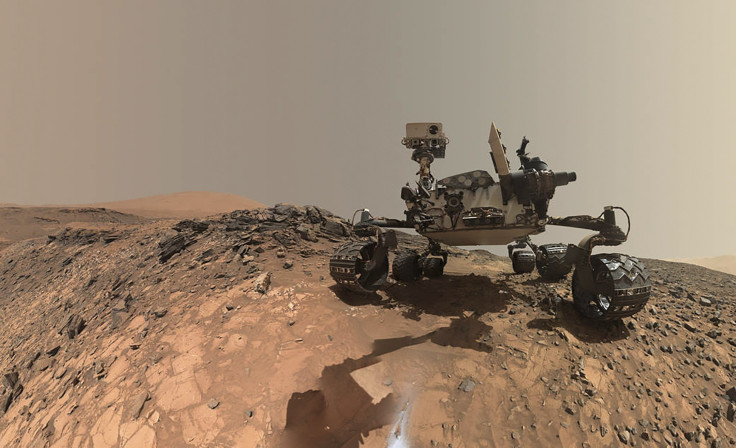NASA admits unpreparedness for manned mission to Mars

NASA is unprepared to handle the dangers a manned mission to Mars may incur. In his report, Paul Martin, a NASA inspector general, concludes that inadequate food, radiation exposure and increased risks of developing diseases will keep the space agency from achieving this feat.
Martin’s report claims that astronauts who will go on a mission to Mars will have to take greater risks compared to their predecessors who work in the International Space Station (ISS). Citing the health concerns during the voyage, he mentioned that NASA has little countermeasures to the effects of prolonged space missions.
“Long duration missions will likely expose crews to health and human performance risks for which NASA has limited effective countermeasures,” the Office of Inspector General reports. “Astronauts chosen to make at least the initial forays into deep space may have to accept a higher level of risk than those who fly International Space Station missions.”
Altered gravity decreases bone density and muscle mass. Exposure to space radiation can also cause tissue damage that could trigger illnesses such as cancer. Moreover, prospective vehicles to be used on the mission would have lesser food storage space than the ISS. The regular resupply missions will also be unable to reach the far-off astronauts.
However, Martin notes that NASA is doing everything it can to lessen the impact of the possible problems. The agency will launch a new mission with an improved Mars rover capable of extracting oxygen from Mars's atmosphere by 2020, a huge step toward inhabiting the red planet.
“NASA has been working in all of these areas for some time,” a spokeswoman for NASA said, the Washington Post reports. The agency agrees to Martin's recommendations for improvement such as ensuring the safety of the astronauts in its missions ahead.
Contact the writer at feedback@ibtimes.com.au or tell us what you think below.





















